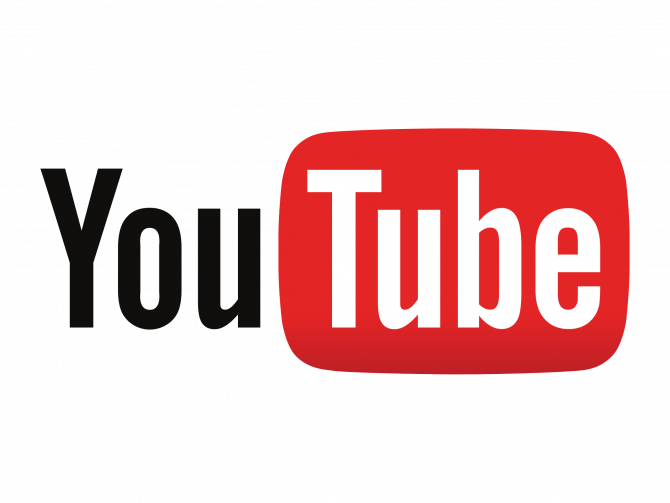Youtube CEO Susan Wojcicki warns for major negative effects of the new European copyright law which includes the controversial “upload filter”. In an open letter, Wojcicki warns for potential unintended consequences of Article 13 of the revised European copyright law which is often referred to as the “upload filter”.

The name comes from opponents of the new law because the new legislation requires websites like YouTube and Facebook to acquire licenses of all material shown on their platform. This means that sites will have to analyze all photos and videos and filter the content for which the site has no license and thus would violate the new copyright law.
According to the YouTube CEO, the filter is practically impossible. As an example, Wojcicki mentions the most viewed YouTube video ever, the video clip of the song Despacito from Luis Fonsi. The video contains multiple copyrights, ranging from sound recording to publishing rights. Although YouTube has agreement with many rights holders to license and pay for the video, some of them remain unknown.
Due to those uncertainties, and to avoid copyright claims, the clip would have to be blocked under the new European legislation. Wojcicki also emphasizes the scale of YouTube, where users upload more than four hundred hours of video every minute.
Checking all those videos could become a too large financial risk for both YouTube and other companies. Blocking might then be the only possibility, Wojcicki warns. She also worries about millions of YouTube videos which will become inaccessible to European citizens.
Wojcicki also stresses that it's important that artists get a fair pay and that YouTube works on solutions to make that possible such as Content ID. This filter automatically recognizes copyright protected material. Through this system, YouTube already paid €2.5 billion to artists.
“We welcome the chance to work with policymakers and the industry to develop a solution within article 13 that protects rights holders while also allowing the creative economy to thrive. This could include more comprehensive licensing agreements, collaboration with rights holders to identify who owns what, and smart rights management technology, similar to Content ID,” Wojcicki concludes her letter.
The new European copyright law is not final yet. The European Parliament, European Commissions and European Council have to come to a final agreement. It's expected that the law will be finalized next year, after which European member states have two years to implement the new legislation.
















